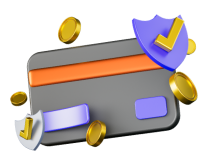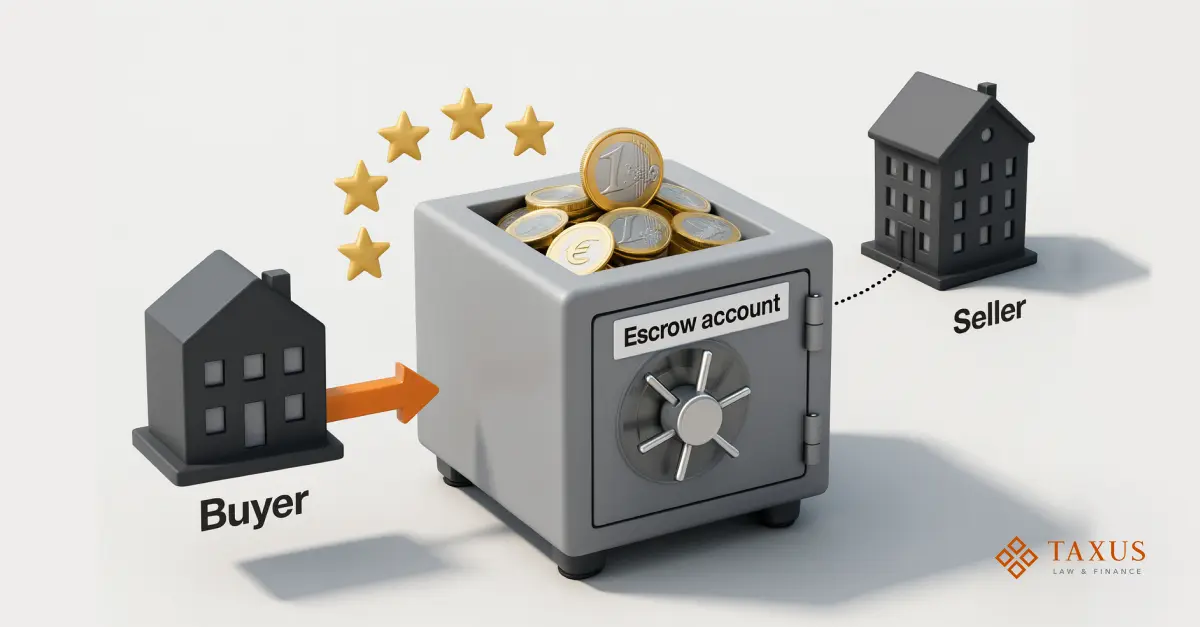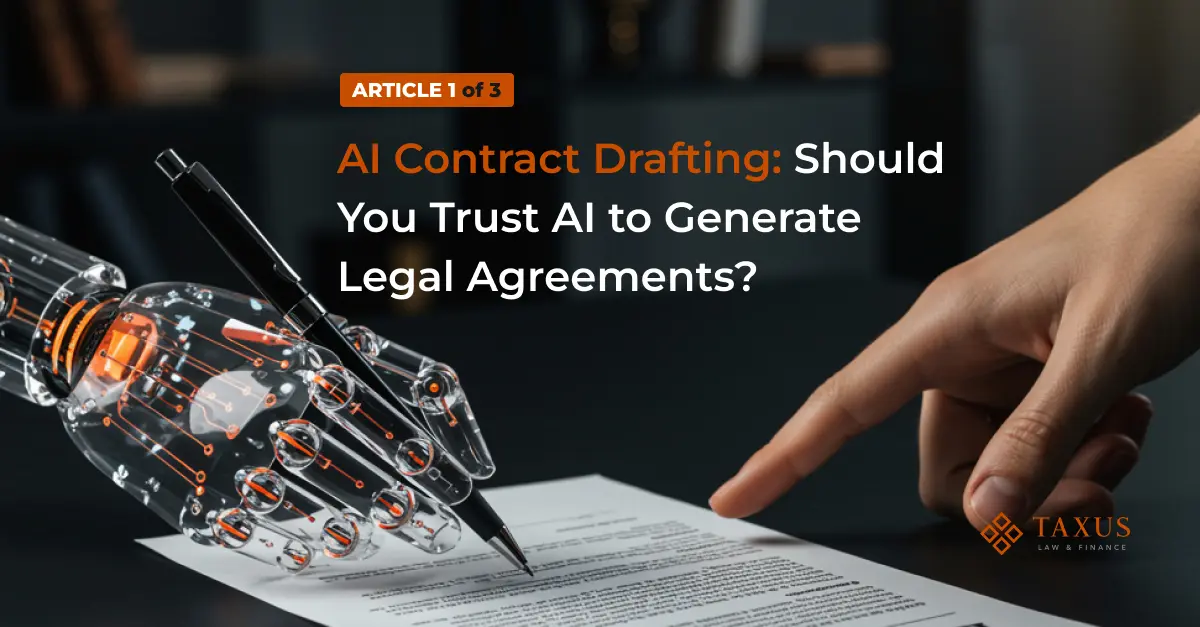Best AI Tools for Legal Drafting: ChatGPT, Harvey, Spellbook, LawGeex


This is Part 2 of our series on AI and contracts. Here we compare tools — ChatGPT, Harvey, Spellbook, and LawGeex — showing strengths, limits, and where each fits your team and workflow. If you missed Part 1 (what AI contract drafting is, when to use it, and AI in review/CLM), start here: Read Part 1.
Which AI Tools Are Used for Legal Drafting?
AI is transforming the legal industry by automating repetitive tasks, streamlining document review, and accelerating research. AI and contract drafting go hand in hand in today’s legal tech space. However, while these tools can enhance productivity and support the drafting process, they do not replace the nuanced legal reasoning, strategic thinking, or professional responsibility of a qualified human lawyer. These generative AI contract drafting tools can help optimize the work of professionals, but not replace them. And this is something that requires special attention: only a lawyer can know the subtleties and nuances of his professional activity and understand where and which auxiliary tool is best for him to use. Below, we provide an overview of the best AI contract drafting services, including free AI contract drafting options, currently being used in the legal industry to optimize processes, as well as their key benefits and limitations.
ChatGPT: strengths, limits, and where not to use it
Although not built specifically for legal professionals, ChatGPT is a versatile free AI contract drafting tool capable of generating, summarizing, and restructuring text based on user prompts. ChatGPT can be used to generate ideas, suggestions, responses, paraphrase, brainstorm, present arguments, or simplify complex legal terminology.
Harvey: built for law firms and enterprise
Harvey is a purpose-built legal AI contract drafting platform developed specifically for legal professionals. It integrates generative AI with legal workflows to assist in contract drafting, problem identification, and legal research.
Spellbook: transactional documents in Microsoft Word
Spellbook is a contract drafting assistant built on GPT-4 and tailored for lawyers. It integrates directly into Microsoft Word to suggest clause options, detect inconsistencies, and speed up the contract creation process. One of the best AI contract drafting services for transactional work.
LawGeex: automated review against internal policies
LawGeex focuses on automating the contract review process by comparing contracts against pre-set legal standards and flagging deviations. It’s especially useful for in-house legal teams who deal with high volumes of standard contracts.
Professional contract drafting — tailored to your jurisdiction and risk profile
Comparative Overview: Pros and Cons
| AI tools | Pros | Cons |
| ChatGPT | Quickly generates and reformulates content across a wide range of subjects. Useful for initial research and summarizing long or complex documents. Can explain legal concepts in a way that is accessible to non-lawyers. | Not trained on jurisdiction-specific legal frameworks. May produce outdated, incomplete, or legally inaccurate content. Requires manual review and editing by legal professionals to ensure compliance and correctness. No legal liability or accountability. |
| Harvey | Tailored to the legal industry with domain-specific capabilities. Can handle complex legal reasoning tasks and identify relevant precedents or clauses. Designed for integration with law firm knowledge bases and document management systems. | Access is often limited to large firms or enterprise-level legal departments. May require customization and internal training to adapt to specific legal standards. Still requires human oversight and legal review. No legal liability. |
| Spellbook | Seamless integration into existing drafting tools (like MS Word). Provides context-aware legal suggestions and clause improvements. Trained specifically for commercial and transactional legal documents. | Limited to contract drafting — not suitable for broader legal research or litigation. Dependent on the quality of the training data and user input. Requires thorough review before final submission of the document. No legal liability. |
| LawGeex | Reduces time spent on manual contract review. Ensures consistency with internal legal policies and risk thresholds. Improves efficiency in high-volume transactional environments. | Limited customization in handling complex or non-standard agreements. Less useful for drafting new documents from scratch. May not capture nuanced legal interpretations without human input. No legal liability. |
With so many tools claiming to be the best AI contract drafting services, it’s important to remember that legal AI contract drafting software is not one-size-fits-all. AI tools are powerful collaborators in the contract drafting process. These legal AI contract drafting tools can only help professional lawyers in their work. They help save time, reduce errors, and accelerate legal workflows. However, none of these tools can replace a qualified legal professional. The law is context-dependent, jurisdiction-specific, and often ambiguous. Only a human lawyer can interpret client needs, apply strategic judgment, and ensure that legal documents are enforceable, ethical, and tailored to the real-world environment in which they operate.
In short: use AI to support your legal work – not to replace legal expertise.
Next — Part 3: Ethics, Risks & Best Practices for Using AI in Legal Drafting. We’ll cover confidentiality, liability, and a practical checklist to integrate AI safely.
→ Read Part 3: https://taxus.tech/blog/contract/safe-practices-in-legal-drafting

Looking for a reliable payment processing system?
Order selection of a payment solution.









